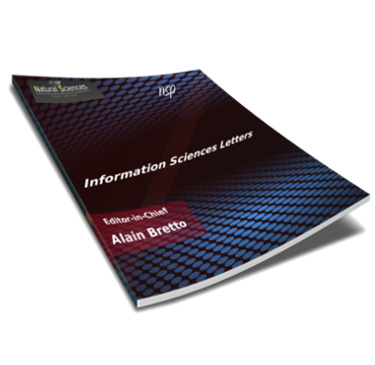
Information Sciences Letters
Abstract
In spite of the significant presence of foreign EFL teachers in Saudi Arabia, there is limited knowledge about how they shape and define their professional identities. This qualitative research delves into this subject using identity theory as a conceptual framework. The primary research inquiry driving this investigation is: How do EFL teachers from Asian Pacific countries, working in Saudi Arabia, delineate, construct, and navigate their professional identities? The findings reveal that the professional identities of expatriate EFL teachers in Saudi Arabia are influenced by institutional norms, regulations, their experiences, qualifications, beliefs, values, and commitment. Moreover, these teachers must engage in various practices, acquire context-specific knowledge, and negotiate competence and expertise that extend beyond English teaching to be accepted as legitimate participants in the Saudi and EFL teaching communities. The study also highlights the development of culturally responsive teaching identities to accommodate the Islamic cultural and religious beliefs of their students. Notably, issues like professional development, native vs. non- native speaker status, and adherence to standard English" do not appear to significantly impact the formation of EFL teachers professional identities in Saudi Arabia. The research concludes by discussing its implications and offering suggestions for future studies.
Recommended Citation
Al Jumiah, Abdullah
(2024)
"Beyond Understanding English Instruction: Shaping and Balancing the Professional Identity of EFL Teachers in Saudi Arabia,"
Information Sciences Letters: Vol. 13
:
Iss.
1
, PP -.
Available at:
https://digitalcommons.aaru.edu.jo/isl/vol13/iss1/10

